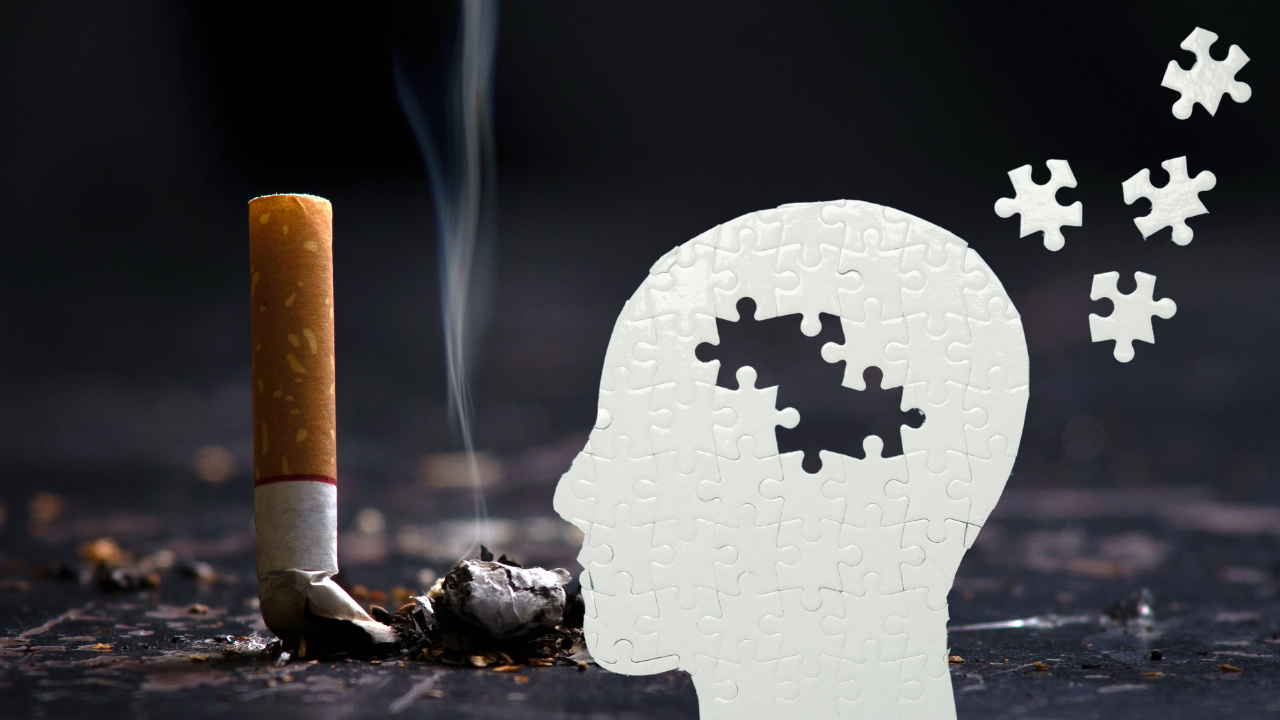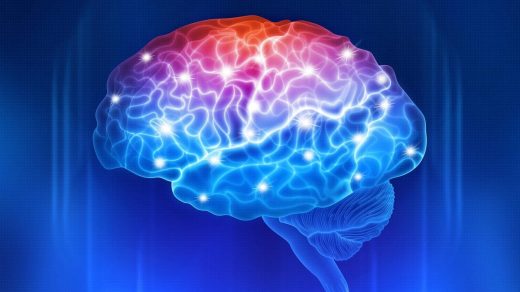
Credits: Canva
Yes, you heard that right. Somewhere along the timeline of public health messaging, nicotine got the wrong name as a neuroprotective agent. But do not go lighting up just yet.
“Let us set the record straight,” says Dr. Lohith Reddy, Senior Consultant- Radiation Oncologist at HCG Cancer Centre, Bangalore. “Yes, nicotine can stimulate dopamine release, which is central to movement and mood—both impacted in Parkinson’s. But this dopamine boost is temporary and comes at a massive cost.”
This is not just for patients and families; this is a red flag for employers and policymakers too. Dr. Vora warns that Parkinson’s disease is on the rise globally, with incidence expected to double by 2040. That is not just a health crisis; it is a productivity crisis in the making.
So what should people be doing instead of puffing their way toward illusory dopamine highs? Dr. Reddy speaks of the long game: “There is no shortcut to brain health. Focus on proven strategies like regular physical activity, a balanced diet, restful sleep, stress management, and absolutely no tobacco in any form.”
The myth of the smoking-Parkinson’s “protection” is exactly that, a myth. As science exposes the illusion of nicotine’s benefits, we are left with a sad truth: smoking is a slow-burning fuse to a host of brain and body disorders.
This was shown first on: https://www.timesnownews.com/health/world-no-tobacco-day-does-smoking-protect-against-parkinsons-disease-experts-weigh-in-article-151758278


